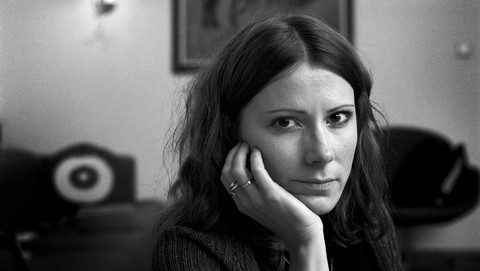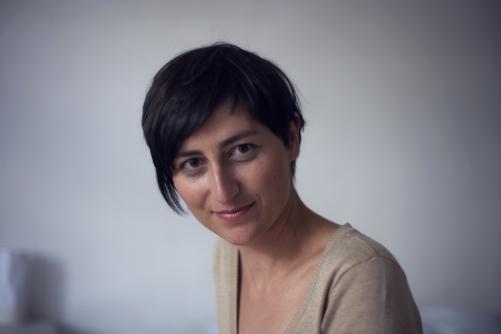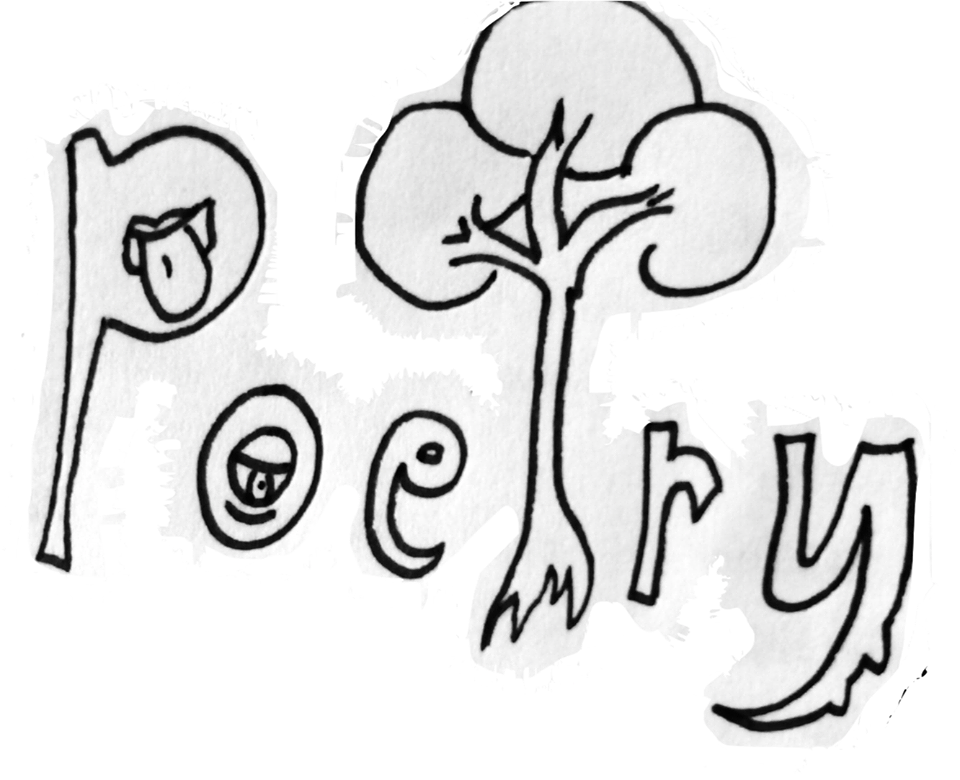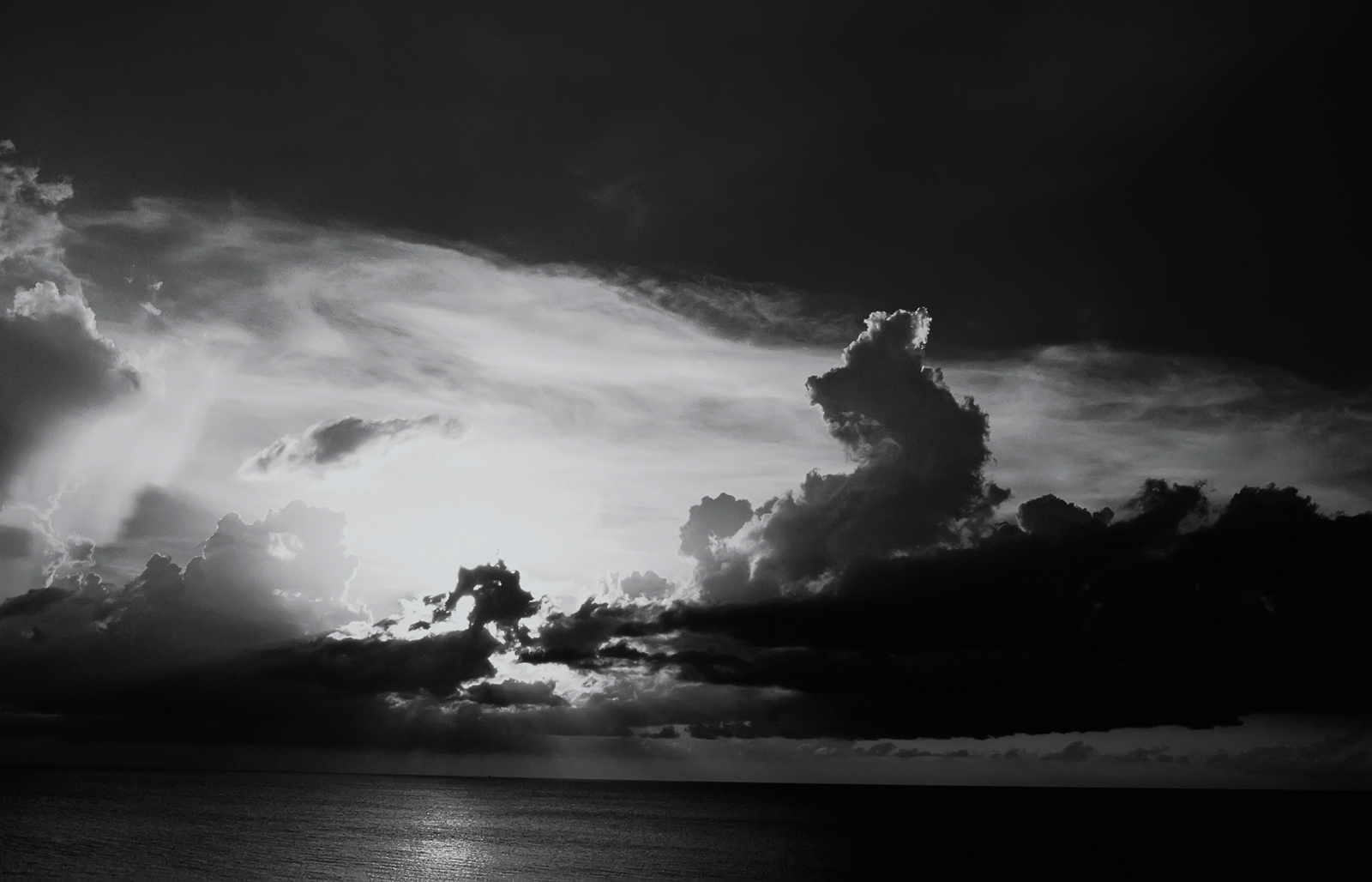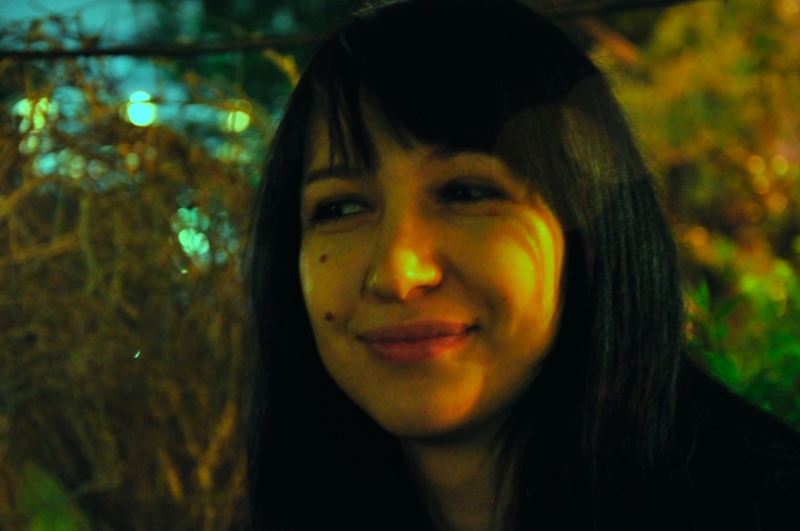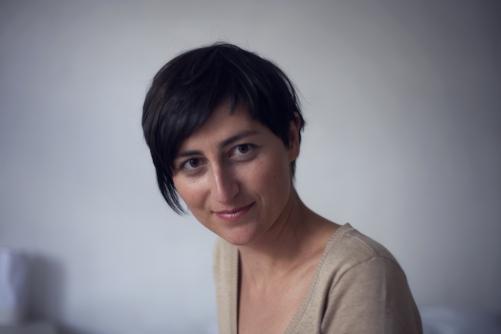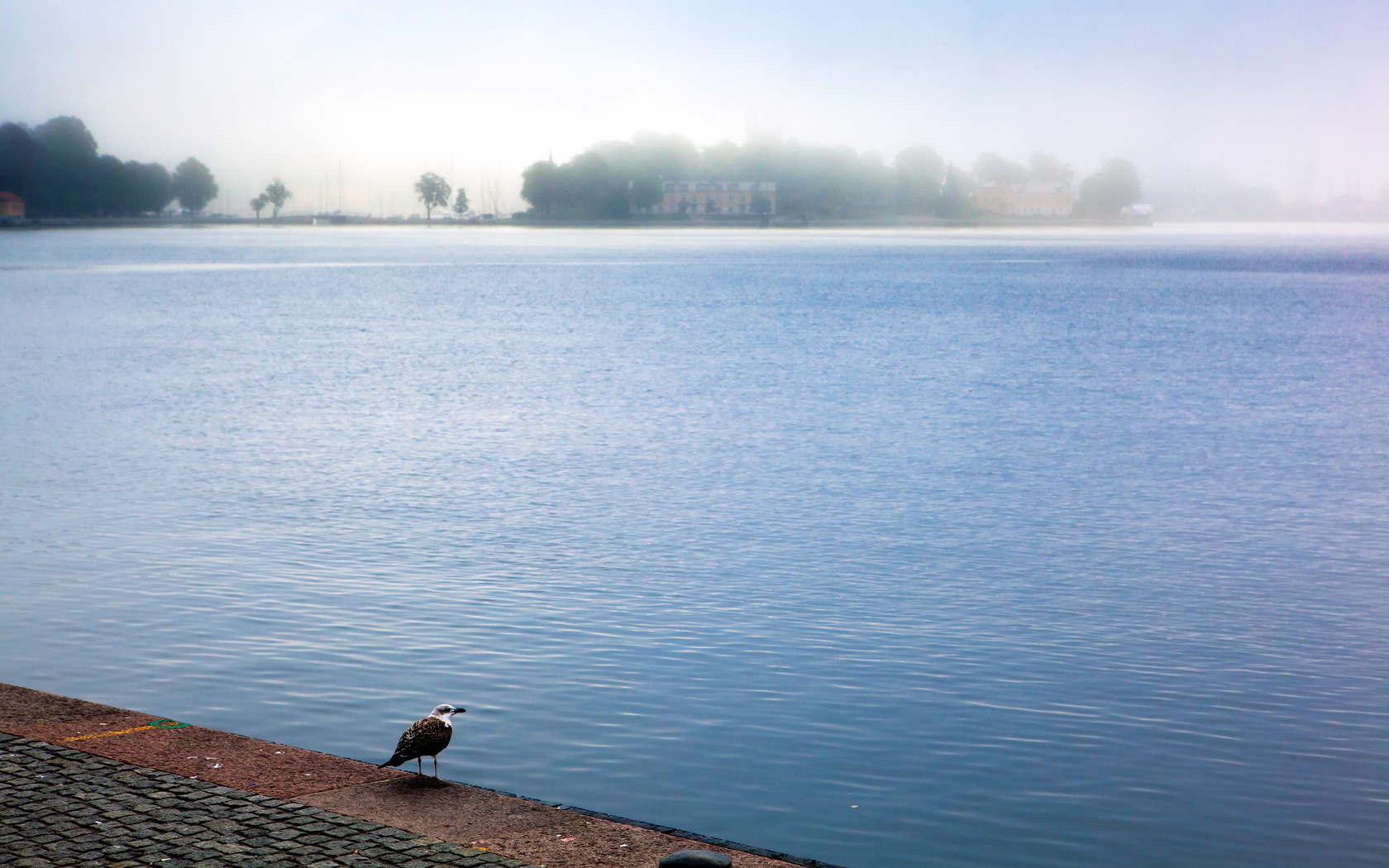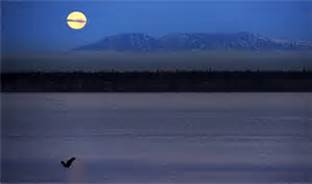Öxnadalur
Fog drowns the dale
so the ridgepeaks
no longer show
From Hraunslake
gasps carry in
crackling silence
*
Summereve in Gotland
Pier
stretches its tail
out in silvery waves
The sun strokes
a lightbow
over seaplain
Heavens
get to play
dusksong
*
India
Man
goes to sleep
on a traffic island
Newsprint his down
Little room
for sleepwalking
in the seashallows
shines ironskin
of coldeyed sharks
***
Gerður Kristný’s poetry has charmed readers the world over. They have won her, among other honors, the Icelandic Literary Prize and nominations for the Nordic Council Literature Prize. Her most recent book of poetry, Drápa, tells the unsettling story of the night the mircus comes to town.
Spenser Santos is an MFA candidate in literary translation and Ph.D. candidate in English at the University of Iowa. He translates from Spanish, Old English, and Icelandic. His translation thesis is a translation of the Old English Illustrated Hexateuch translation of the Book of Exodus. He holds a Bachelor of Arts from Winona State University, where he majored in English, Spanish, and Writing.

